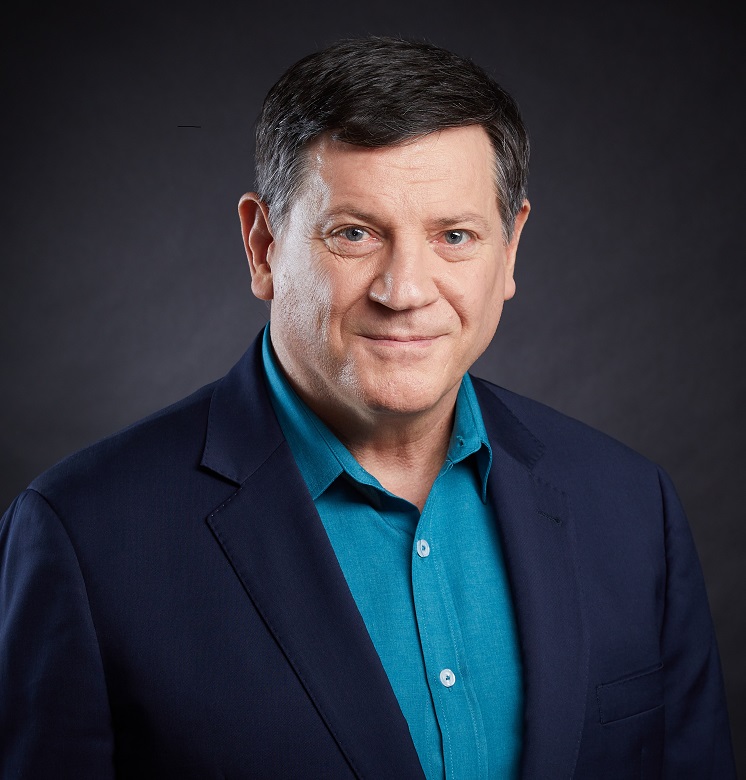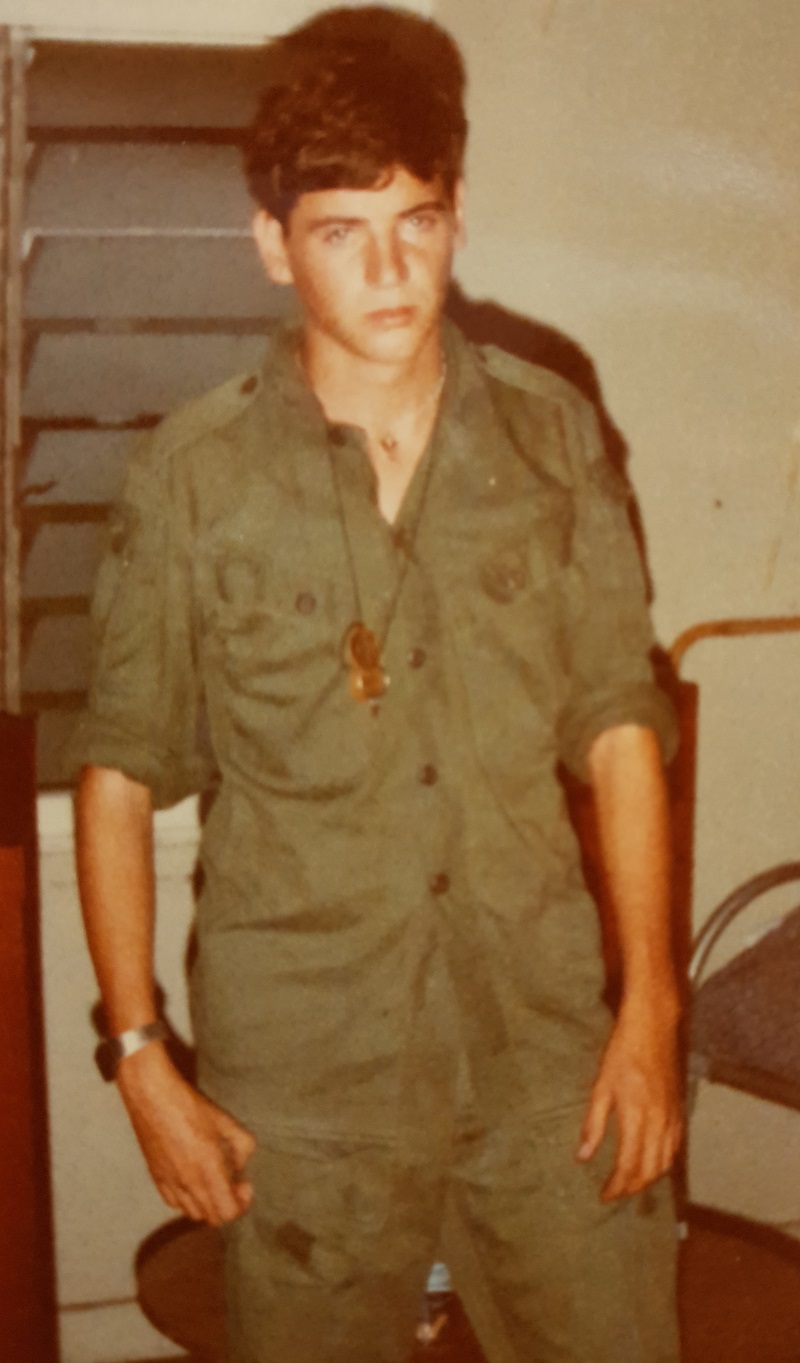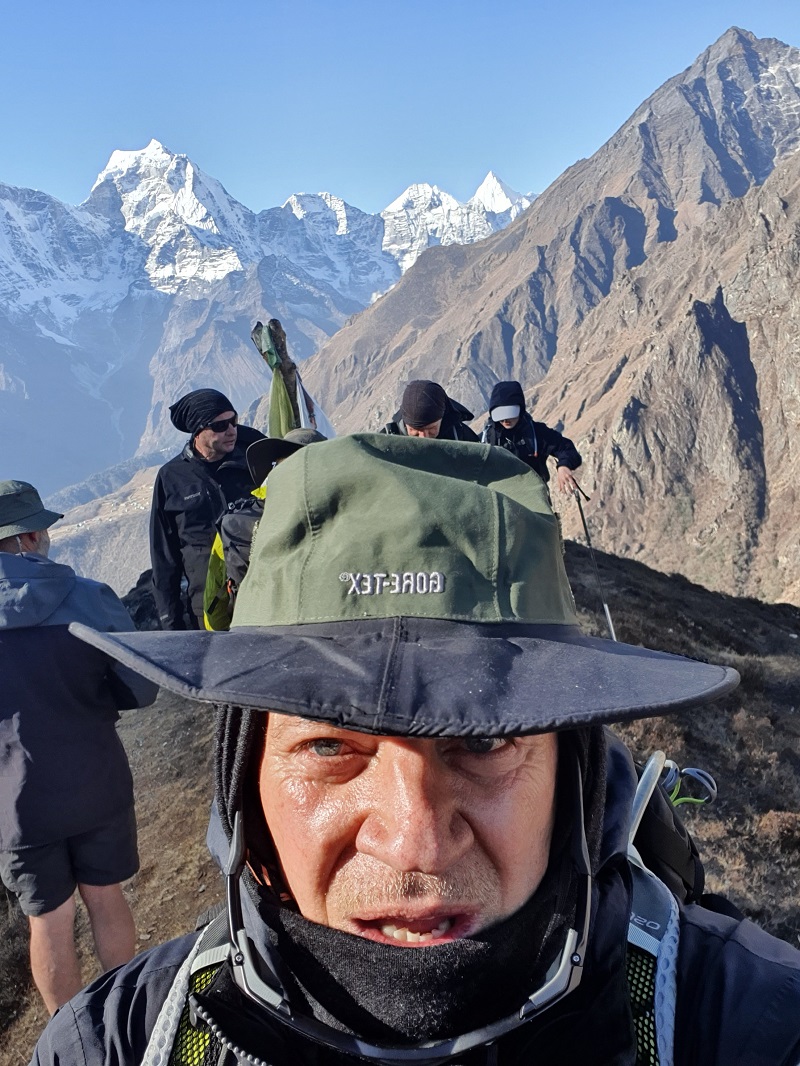A goal in mind
Army veteran Philip Armstrong overcame life-threatening blood poisoning and a hard transition to civilian life to become a determined advocate for counselling services.
Philip's interest in counselling began in 1993 when he was nearing the end of his 15-year career in the Army, where he served in various infantry battalions. He was on deployment at Royal Malaysian Air Force Base Butterworth with C company 5/7 RAR (Mech) when five soldiers were killed and several injured in a vehicle accident during a field training exercise.

As Philip was a more experienced soldier, many of the younger soldiers came to him for support. He did the best he could for them but he was affected by the deaths and injuries himself and he thought more could be done to support soldiers who experienced psychological trauma in the field.
‘When I got back home, I found out there was a certificate in welfare course at the local TAFE,’ says Philip. ‘I told my officer commanding that men were coming to me for support but I wasn’t too sure what I was supposed to do for them. So he let me do the course and I became the battalion’s unofficial counsellor.’
Philip left school at 15 so he undertook an education course as a means of getting promoted from corporal to sergeant. He surprised himself by topping the class. The Army then sponsored him to do a psychology degree at the University of New England.
A year into the course, Philip had a routine arthroscopy to help diagnose pain he was experiencing in his left knee. This resulted in a staphylococcus infection, which led to blood poisoning that nearly killed him. After three months in hospital and several operations on his knee he was told that he may be confined to a wheelchair and probably never work again. During this time, he quickly became reliant on painkillers, eventually leading to a dependence on morphine. He was also told that he would be medically discharged from the Army.
Philip had been in the Army Reserve since he was 17 and the regular Army since he was 19. It came as a huge blow to be medically discharged at 36.
‘The Army gave me a pay-out, but I wasn’t properly advised about what to do with the money,’ he says. ‘This eventually led to bankruptcy and contributed to the breakdown of my marriage. I was terribly unprepared for discharge. So I did what a lot of people do – I turned to alcohol on top of my pain medication.’
The low point came when Philip found himself living in a seedy Brisbane boarding house along with many other people dependent on alcohol, drugs or both.
Then one day Philip decided he’d had enough. He began by ditching the morphine and deciding that he wasn’t going to be defined by his leg injury. The key to his psychological and physical transformation was exercise with some counselling thrown in.
‘Exercise was one thing that had been a constant in my life and something I was familiar with; it was an old friend.
‘I approached DVA, and they put me in touch with an exercise physiologist so I could exercise within my limits. I also joined a gym. Getting moving again made a big difference. I got off the grog, quit smoking, lost weight, improved my diet and felt my self-confidence return.’
Though pursuing his psychology degree had come to an end when he discharged, the Army provided further educational funding as part of his discharge package. He switched to counselling, which he found was more hands on. This started his ongoing journey into education and allowed him to practise much sooner.
He took a job in 2000 as the Members Liaison Officer for the Australian Counselling Association (ACA) – a peak registration body for counsellors and psychotherapists. He also began doing work with veteran groups, helping transitioning personnel assimilate back into civilian life.
Philip, who is now 63, has remained with the ACA ever since and in 2006 became its chief executive officer. It then had 3,000 financial members; now it has nearly 9,000.
One thing he has noticed is that veterans make very good counsellors.
‘You’ll only survive and be promoted in the military if you know how to lead,’ he says. ‘Your people skills are going to be pretty strong, even if you don’t realise it. A lot of veterans are also very motivated. Counselling comes naturally to a lot of them.’
One aspect of counselling that has always been important to Philip is improving its professionalism.
‘It’s all about accountability. We’re working with the most vulnerable people in the community. For that reason, the mental health professions attract predators, including financial predators. So we have a responsibility to the public that when they see a registered counsellor, that counsellor has gone through a rigorous membership process.’
Through his company Optimise Potential, Philip runs training courses in clinical supervision in Australia, the Philippines, Hong Kong, mainland China, India, Singapore and China. He has also helped to make counselling services more accessible in Fiji and Papua New Guinea.
He is very conscious of how COVID, the Afghanistan withdrawal and other factors are affecting the veteran population. His advice: if you’re struggling, see someone.
‘Don’t keep it in,’ he says. ‘Three things don’t work: drinking, not talking and self-medicating. I can tell you that from personal experience. They’ll numb you – but they’ll affect your work, your relationships and you’ll become dependent. No one spends time in the military for that to happen to them.
‘Three years ago I did a hike to Everest Base Camp to raise money for Buddy Up. Before that I climbed Kilimanjaro. I had been told in my thirties that I’d never walk again properly. There’s a lot in life that you can determine yourself. As I say, exercise is key. In that sense, you’ve got to put yourself first. If you can’t look after yourself, you can’t look after your family. Physical and mental health cannot be separated. I’ve had some friends who are dead now but shouldn’t be. They transitioned, sat on a couch, watched TV, drank a lot and ate badly.
‘I regularly see an exercise physiologist and a dietician provided by DVA. They keep me honest. As long as I work and pay tax, I’m an investment.’
More information about Philip is available on the ACA website, and the website of Optimise Potential.
If this has raised issues for you, please remember that Open Arms – Veterans and Families Counselling provides support for current and ex-serving ADF personnel and their families. Free and confidential help is available 24/7. Phone 1800 011 046 (international: +61 8 8241 4546) or visit www.OpenArms.gov.au

Left: Philip Armstrong aged 20, at (then) RAAF Butterworth, 1980
Below: Philip en route to Everest Base Camp, November 2019

